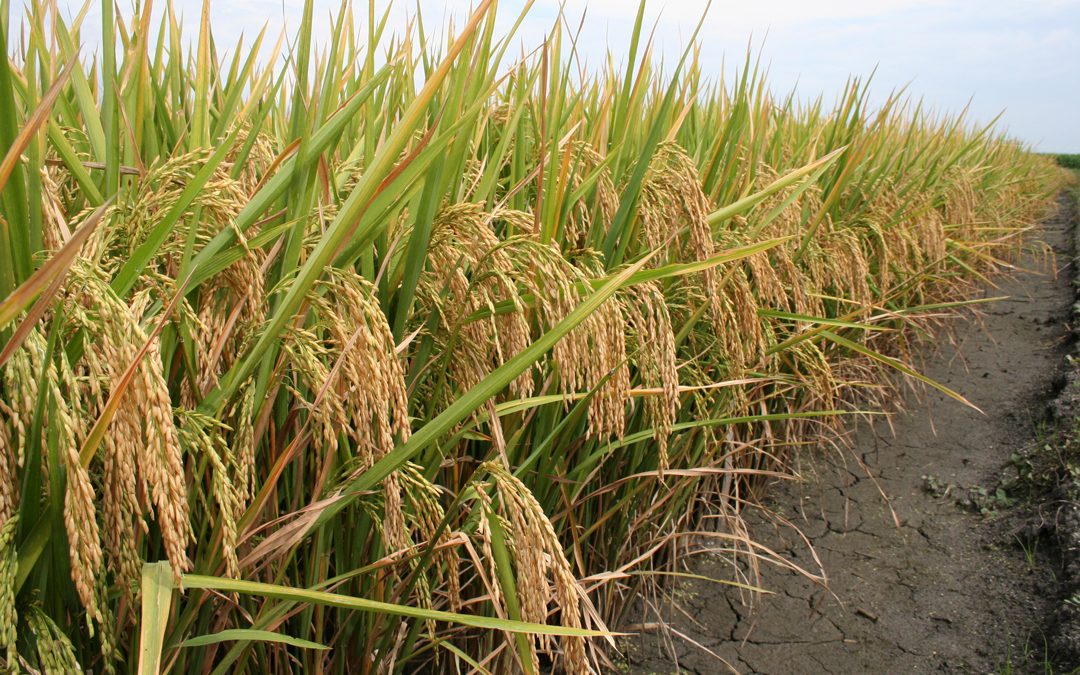A study led by FLAR experts with the participation of key actors in the country’s rice chain serves as the foundation for this initiative.
A diagnostic assessment of Panama’s National Certified Rice Seed System, conducted by FLAR at the initiative of the Panamanian Rice Foundation (FUNPARROZ) and with the support of the National Bank of Panama (Banconal), reveals critical challenges and clear opportunities to boost rice productivity in the country.
The report concludes that it is essential to modernize infrastructure, strengthen the regulatory body, and incentivize the use of high-quality seed to guarantee food self-sufficiency and sector competitiveness.
Most Relevant Findings
Based on a Strengths, Weaknesses, Opportunities, and Threats (SWOT) analysis conducted with representatives from public and private institutions in the agro-industrial chain, including IDIAP, ANDIA, CNS, ANALMO, MIDA, APROSEPA, Semillas de Panamá, ISA, the University of Panama, Agrosilos, and Conagro Semillas, as well as technical visits and in-depth interviews with seed multipliers and commercial rice producers, it was confirmed that the national certified seed system has solid foundations but faces critical threats.
““Through this diagnostic, we were able to understand the different concerns of government authorities, public research and oversight institutions, private seed companies, the industry, and rice producers. There is fertile ground for proposing improvements in technological, institutional, and legal aspects that will help boost a certified rice seed system to cover 100% of the national area. The objective of the consultancy is to provide the specific recommendations to achieve this”. ”
Among the strengths, the accessible financing for seed production by Banconal and the Agricultural Development Bank (BDA) is highlighted, as well as the existence of agricultural insurance. The existence of four genetic improvement programs (two state-owned and two private) with the capacity to develop varieties adapted to local conditions is also noted.
However, certified seed coverage is situated at an average of 76.4% of the national area, meaning that a quarter of the planted area uses proprietary, “tambucho” (uncertified), or smuggled seed.
The smuggling of seeds of varieties not registered in the country and without quality controls implies various risks, from poor physiological quality, contamination with weeds like red rice, and varietal mix, compromising the productivity and quality of the product.
There is a lack of legal support for the seed system that all parties deem necessary to strengthen, as well as the modernization and provision of resources for oversight bodies. In turn, the availability of adapted varieties with the necessary characteristics for the different production zones has limitations, and opportunities exist to improve it.
“Through this initiative, we seek to comprehensively understand the functioning of the national rice seed system and detect key areas for improvement for its strengthening. The purpose is to define a roadmap built on information collected in the field and with the participation of all actors in the rice chain, which will guide actions to guarantee the availability of high-quality certified seed for national producers”.
The complete consultancy report is expected by the end of the year and will serve as the basis for formulating specific recommendations aimed at increasing the supply and use of good quality rice seeds in Panama.
About the Consultancy
The consultancy for the Strengthening of the National Certified Rice Seed System of Panama is a FUNPARROZ initiative with the technical support of the FLAR consultant team, comprising Gonzalo Zorrilla and Ana Laura Pereira from Uruguay, Luis Barboza from Costa Rica, and Christian Carrizo from Panama, and the support of the National Bank of Panama. Its objective is to generate a detailed participatory diagnosis and recommendations to optimize the seed production system in the country.

